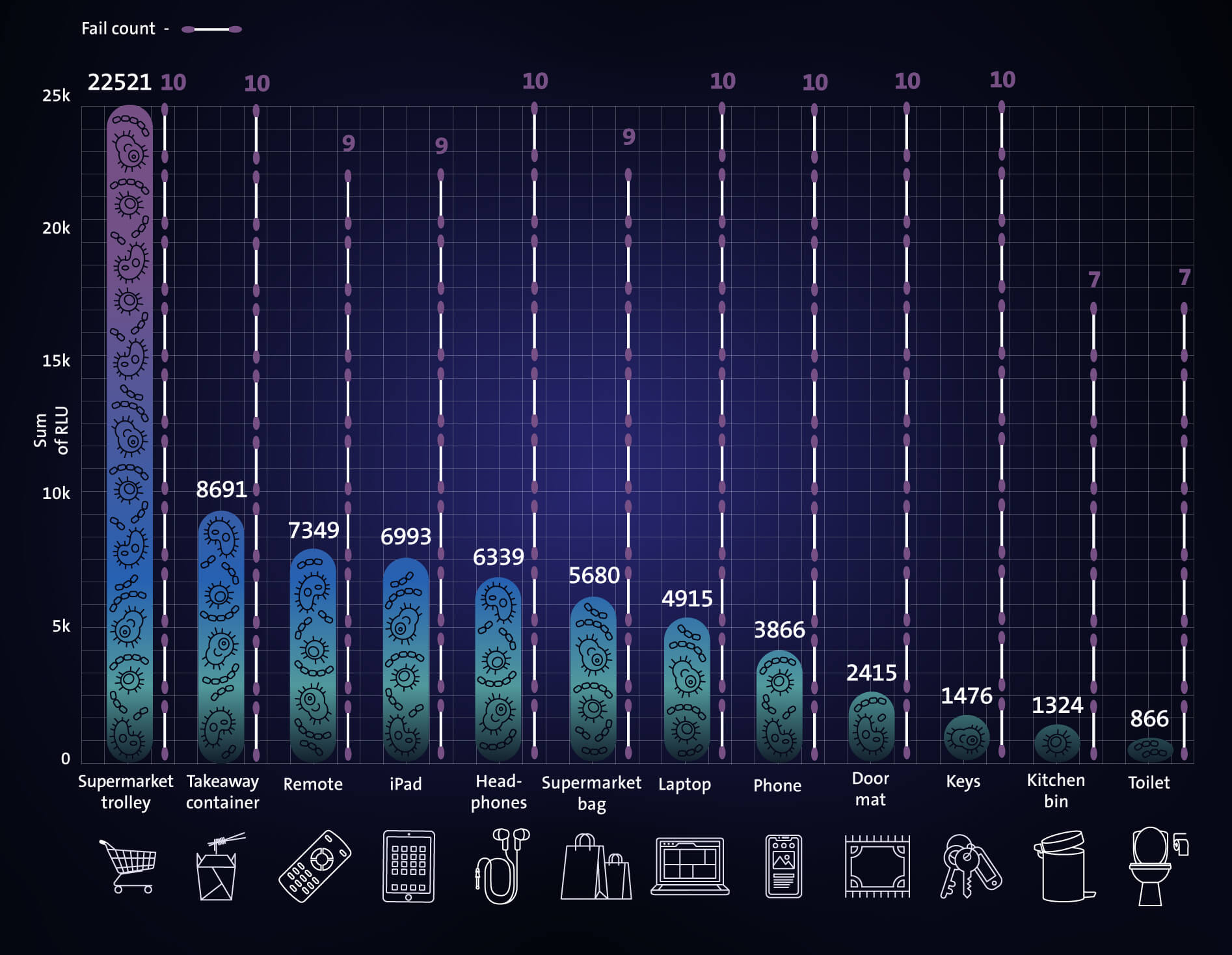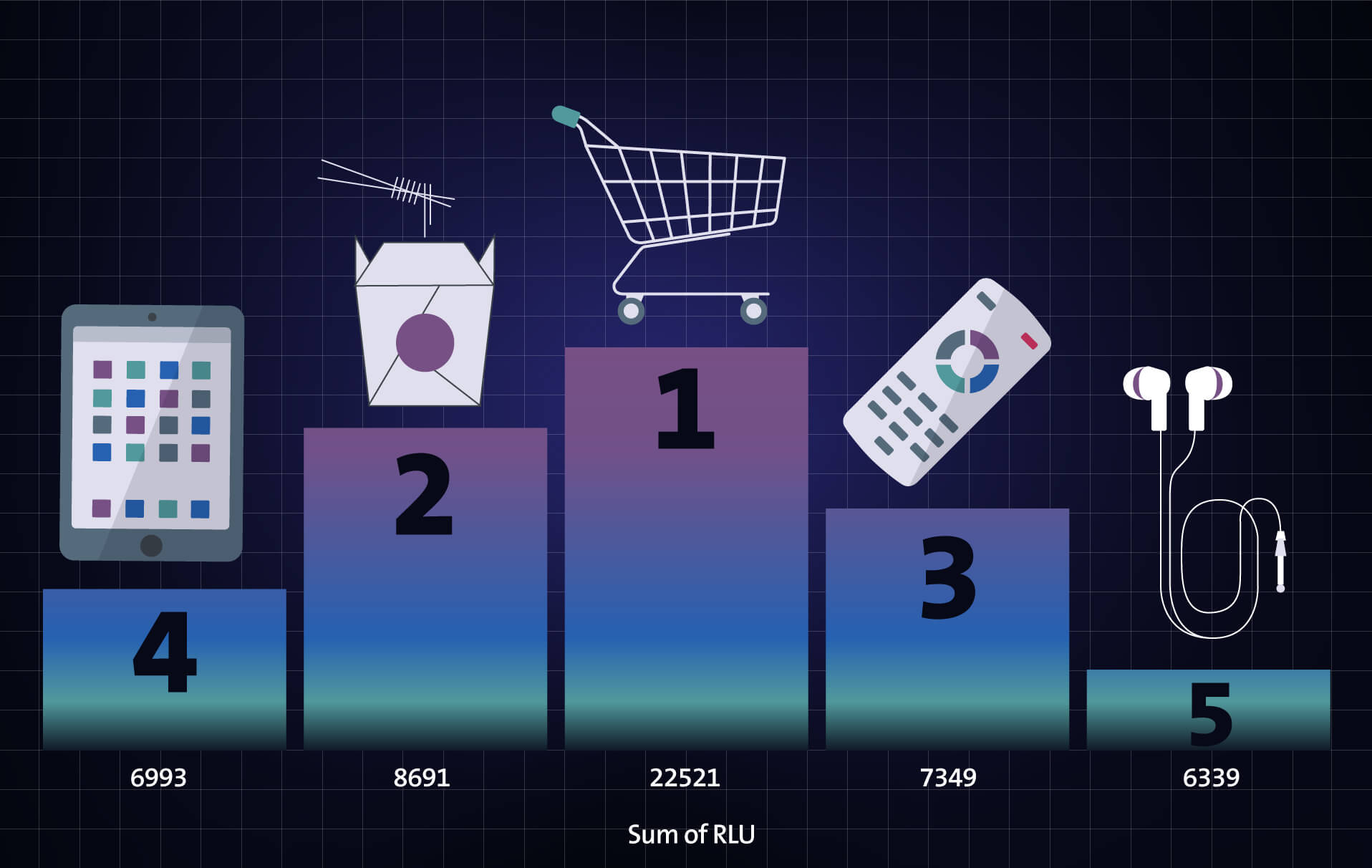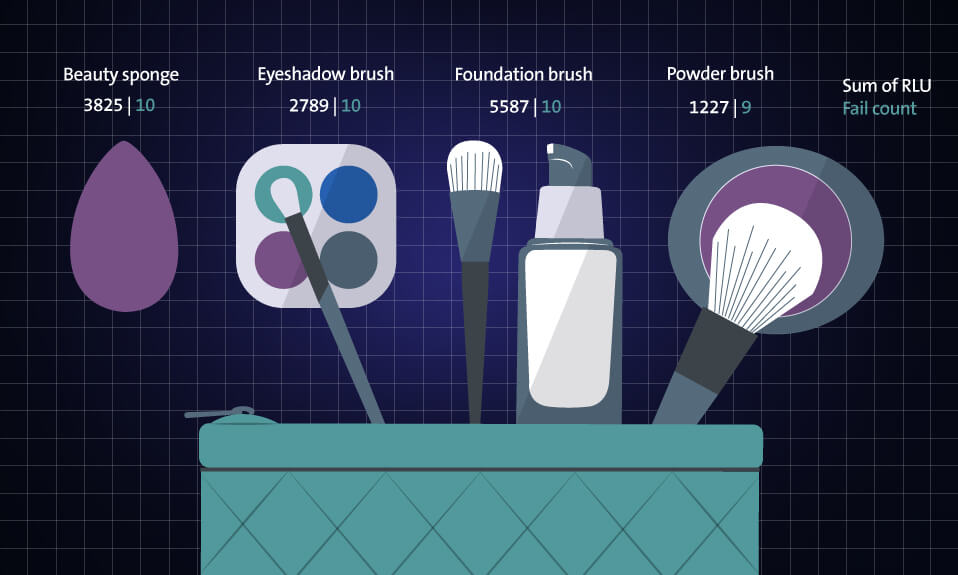The Burrow

The COVID-19 pandemic made us all more aware of how easy it is to pick up viruses and bacteria from public places, and even household essential items passed between family, partners and housemates. As experts in health insurance extras cover, Compare the Market looked into the numbers to see how the pandemic affected our health.
In the 2020-2021 financial year, there were 4,718 instances in Australia where a patient was admitted to hospital (known as separations) with COVID-19, according to the Australian Institute of Health and Welfare (AIHW). Of these, 329 separations spent time in Intensive Care Units (ICU), with the median hours spent in ICU for these separations reaching 130 hours.1
When the pandemic began, private health funds took steps to include COVID-19 related treatment and care across all their private hospital insurance policies. While COVID-19 can be treated publicly under Medicare, private health insurance allows members to choose treatment in a private hospital, with access to a private room (if available), as well as the ability to choose their own doctor.
Health insurance can help pay for treatment at a private hospital not just for COVID-19, but other surgeries, diseases, and bacterial infections, depending on what services are included in a person’s policy.
It’s become more apparent just how easy it is for bacteria and viruses to spread. The COVID-19 pandemic has made us all more conscious of getting into contact with harmful bacteria out of the house, but what about the items we use every day?
To help consumers maintain good hygiene habits (and hopefully avoid getting sick and needing to go to hospital in the first place), we set out to see just how clean our everyday essentials are. From supermarket trollies to remote controls and phones, the results are pretty shocking.

We swabbed 10 of each of our items from a range of places to check how dirty they were on average, and supermarket trollies came out on top as the dirtiest essential item, with a staggering RLU (Relative Light Unit) reading of 22,521. In fact, all 10 trollies failed their swabs!
In comparison, the toilet was the cleanest item we swabbed, with an RLU of 866 (although 7/10 failed their swabs).
The second dirtiest item? Takeaway containers (at the point from where they were delivered!)– so you might want to reconsider ordering your weekly Chinese or getting a coffee to go!
To check how dirty these items were, we swabbed items to get an RLU reading, which is based on the ATP (Adenosine Triphosphate) that was found in the sample. Typically, high contamination (improper cleaning) = large amount of ATP = more light produced in reaction= high RLU reading.
Objects with an RLU reading of <50 register as a pass (clean), and objects with an RLU reading of >50 register as a fail (dirty).
An RLU reading of less than 50 is classed as a pass, but anything greater than 50 is a fail, as it’s considered too dirty. That means that shopping trollies are a shocking 450 times over the limit of what would be considered a fail!
It might come as a surprise that the toilet and kitchen bin came up as the cleanest products; it makes sense, as we pay more care and attention to cleaning them because we know how dirty they can get. In contrast, for items such as remote controls and iPads, we probably don’t consider how constantly touching them can cause a build-up of bacteria. Keeping our everyday items clean can help us avoid picking up germs and maintain good health.

As part of the research, we also commissioned swabs on a variety of makeup applicators (foundation brushes, beauty sponges, eyeshadow brushes and powder brushes) to determine if the tools we use to apply our makeup, are as clean as we’d expect.
Foundation brushes are revealed as the dirtiest of all, with a total RLU of 5,587. Research shows they host 545% more bacteria than a toilet seat – disgusting!
Beauty sponges are the second worst offender with two and a half times more germs (159%) living on its surface, compared to a set of house keys.
Powder brushes came in as the cleanest of all brushes tested. However, when compared to a toilet seat, they’re still 41% dirtier.
According to Consultant Dermatologist at skindoc, Sreedhar Krishna, failing to keep your makeup tools clean can result in acne, irritation, skin infections, premature ageing, and uneven makeup coverage.2 If left unwashed, bacteria and grime can build up on brushes and sponges, meaning you are actually applying infectious products directly to your skin.
Generally, this will lead to skin problems but might even cause you to become unwell.

While germs are everywhere and most can be harmless, others can make you ill.
To avoid the chance of getting sick, it’s important to clean the items you use regularly, to wipe away any harmful bacteria, and ensure they stay hygienic. For example, to clean your phone, remove its cover and wipe with a disinfectant wipe, before removing any smudges with a microfibre cloth. You can clean your remote control in the same way – just make sure you remove the batteries first.
When it comes to shopping trollies, take your own hand sanitiser and tissues on your weekly food shop, making sure you sanitise the handles first, before sanitising your hands.
Whilst you don’t need to clean each item daily, cleaning them regularly will remove any bacteria that’s settled on the surfaces, which will reduce your chances of becoming ill. The longer you do this, you’ll settle into a routine, and soon, cleaning your essential items will become second nature to you.
Potential issues that may arise as a result of dirty makeup applicators can be easily avoided by taking some precautions. Consultant Dermatologist, Sreedhar Krishna advises using a good quality brush cleanser at least twice per week.
Start by swishing the brush back and forth across the cleanser and ensure you re-shape the hairs whilst they are still wet. Allow the brushes or sponges to dry naturally.
For those who have acne-prone skin, following this process daily is advised.
Swabs were taken using Hygiena’s UltraSnap Surface ATP Test and EnSURE Touch monitoring system to determine RLU (Relative Light Units) results.
The RLU reading is based on the amount of ATP (Adenosine Triphosphate) collected from the sample. The relationship between the amount of ATP on the sample and the RLU result reading is simple: high contamination (improper cleaning) = large amount of ATP = more light produced in reaction= high RLU reading on EnSURE. Objects with an RLU reading of <50 register as a pass (clean), and objects with an RLU reading of >50 register as a fail (dirty).
The following twelve items were swabbed, at multiple locations, using 10 different reference points: supermarket trolley, takeaway container, remote, iPad, headphones, supermarket shopping bag, laptop, phone, doormat, keys, inside of a kitchen bin, and a toilet seat – for example, we swabbed 10 of each item (for example 10 takeaway containers), across a variety of locations. All of the objects that failed were summed to give a total fail count and a total RLU reading.
In addition, the following four makeup tools were also swabbed, using 10 different reference points: foundation brush, beauty sponge, eyeshadow brush and powder brush.
Sources:
Brought to you by Compare the Market: Making it easier for Australians to search for great deals on Health Insurance.